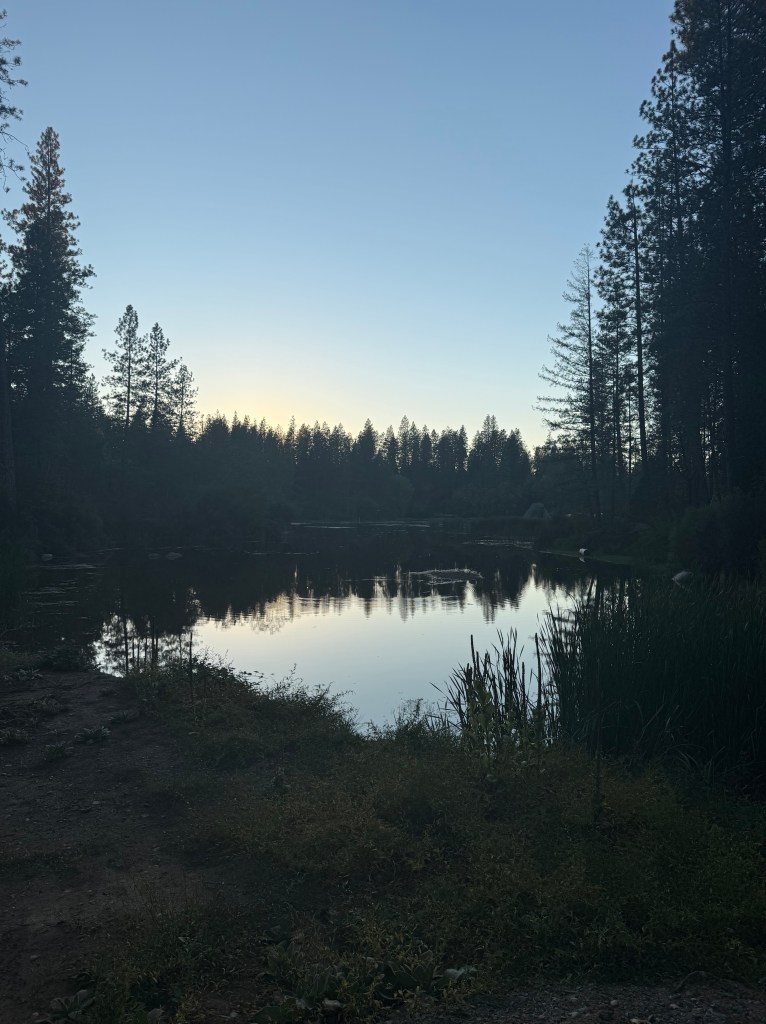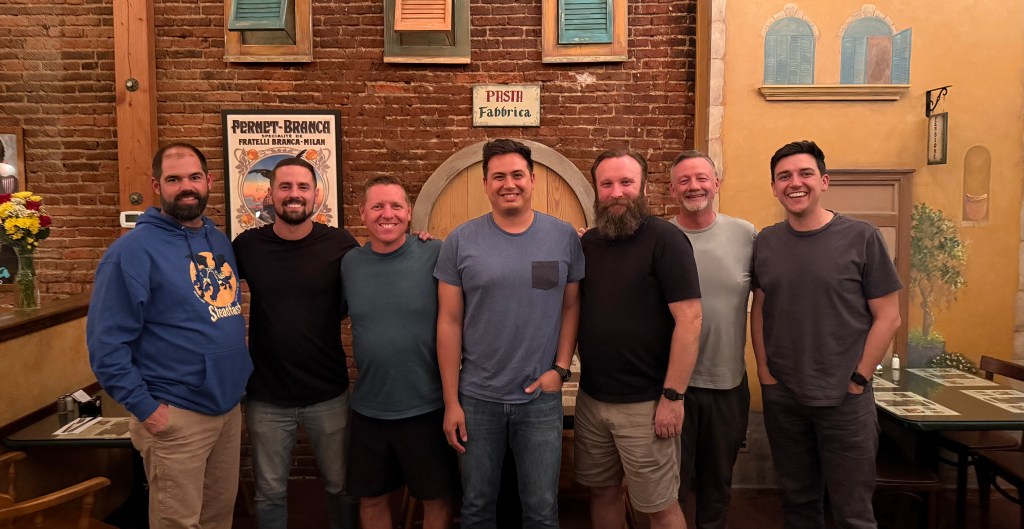
“Just Enough”: When It’s Time For a Change–Part 3
“I’ve learned how to do ‘just enough.’” This was an honest confession from a leader I met with recently, who has been in a particular role for some time. They weren’t proud of this confession; rather, they knew something was wrong.
I’ve been writing the last few times about when we might know we need a change. Change in how we do our work, and what we do for work.
We might need a change:
When our body is telling us to.
When we aren’t celebrating what everyone else is celebrating.
And, when we find ourselves doing just enough, but not bringing our best, creative selves to our work.
Leadership in every sphere of work is hard and can be lonely. The feeling of always being “on” is tiring. That exhaustion can be compounded by the expectation that we place on ourselves, or that we feel others have of us. That expectation includes the thought that we must lead every meeting and gathering, have the answer, and know how to navigate unforeseen situations.
After years of running at a fast pace, I often hear of leaders confess to trying to do “just enough.” Whether it is preparing a sermon, presentation, paper, or report, they have learned the short-cuts and time-saving tools that gets the job done, “just enough.” At the same time, I hear a bit of remorse and regret as they talk about this. They have learned that they can’t dedicate the time they want to all these things, and don’t feel like they have been at their most creative.
Workplace research uses terms like “low engagement,” or “quiet quitting.” One model speaks of the relationship between job demands and resources (the JD-R model). When the demands of one’s job far outweigh the employee’s perceived resources for autonomy, feedback, or development, that employee is more likely to disengage or do “just enough.” This workplace studies claim that the results for an organization can be extremely detrimental, as it leads to stagnant growth, lack of innovation, and poor team morale.
Noticing this “just enough” mentality is the first step. Digging deeper into the “why” is crucial. Is it a perceived lack of control of the demands of our work? That is, do we find ourselves constantly reacting to what is being asked of us, but not having any agency or initiative? Or, is it a sign that it is time for a change?
An Honest Plea For Support
I am able to offer this coaching and care for leaders for free because of the generosity of people like you. Due to recent changes in some people’s capacity to give, I am in need of additional support this year to keep this work going. My goal is $1,000 per month in new or increased support. If you have never given to this work, I’d love to talk to you personally about it and ask for your support. If you are able to increase your monthly gift, would you please consider that as well? There is a link below to give.
I am serving with a ministry called Standing Stone, which has aimed for over twenty years to provide a space for free, confidential coaching and care for pastors, ministry leaders, and leaders of every sphere. Standing Stone believes that healthy leaders need companions on their leadership journey, and that healthy leaders will lead healthy organizations that help transform their communities. You can learn more here: https://standingstoneministry.org/shepherd/burke-david/
















